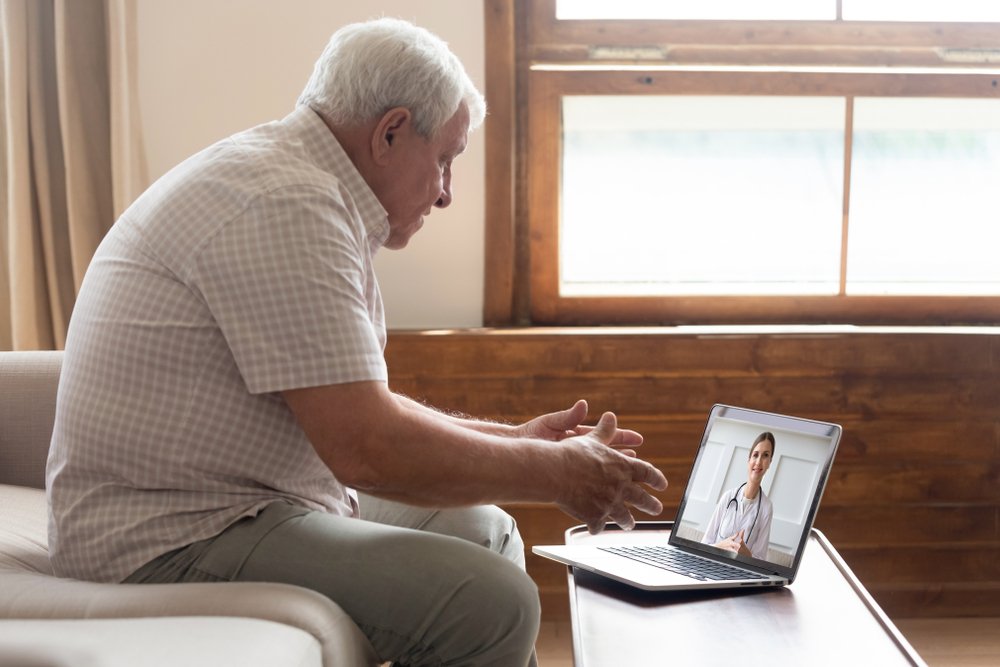Medicare is Expanding Telehealth Services During Coronavirus Pandemic
As part of its response to the coronavirus pandemic, the federal government is broadly expanding coverage of Medicare telehealth services to beneficiaries and relaxing HIPAA enforcement. This will give doctors the ability to provide more services to patients remotely.
Posted on March 25, 2020

Medicare covers telehealth services that include office visits, psychotherapy, and consultations provided by an eligible provider who isn't at your location using an interactive two-way telecommunications system (like real-time audio and video). Normally, these services are available only in rural areas, under certain conditions, and only if you’re located at one of these places:
- A doctor’s office
- A hospital
- A critical access hospital (CAH)
- A rural health clinic
- A federally qualified health center
- A hospital-based dialysis facility
- A skilled nursing facility
- A community mental health center
Under the new expansion, Medicare will now pay for office, hospital, and other visits provided via telehealth in the patient’s home. Doctors, nurse practitioners, clinical psychologists, and licensed clinical social workers will all be able to offer a variety of telehealth services to their patients, including evaluation and management visits, mental health counseling, and preventive health screenings. In addition, relaxed HIPAA enforcement (the law governing patient privacy) means doctors may use technologies like Skype and Facetime to talk to patients as well as using the phone.
In addition to Medicare’s expansion, states are also allowing doctors to provide telehealth services to Medicaid beneficiaries. For example, New York will now cover telephone-based evaluations when an in-person visit is not medically recommended. Many other states are following suit.
This expansion of telehealth services will allow older adults who are particularly vulnerable to COVID-19 to stay home and still get medical advice. If you need to see a medical provider during this health emergency, check to see whether they are employing telehealth services. To use telehealth services, you need to verbally consent and your doctor must document that consent in your medical record. For information from AARP on what you might expect during a virtual doctor’s visit, click here.
More from our blog…
Understanding Medicaid: What Does Medicaid Cover?
In the complex and frequently changing landscape of health care in the United States, Medicaid stands out as a vital program. Since 1965, it has [...]
Elder Financial Abuse: How an Elder Law Attorney Can Help
Elder financial abuse is a significant issue affecting many older adults nationwide. It involves someone exploiting or misusing an older person’s finances or assets for [...]
Does Medicare Cover Prescription Weight Loss Drugs?
Americans have a growing appetite for prescription drugs such as Ozempic, Wegovy, and Mounjaro. Originally developed to treat Type 2 diabetes, they are now exploding [...]
How Social Security Overpayment Rules Are Changing
With a new commissioner at the helm, the Social Security Administration (SSA) has been announcing several policy changes in recent weeks. In late March 2024, the [...]
Recent blog posts

FREE WEBINAR
5 Things to Know About
Estate Planning
When You Turn Sixty-Five





